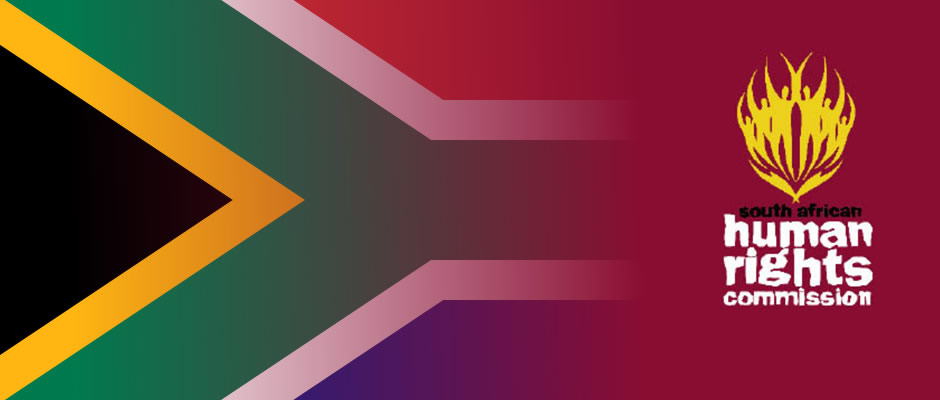Recent social media posts in which individuals openly express their feelings toward another race has spurred government on in resolving suppressed interracial conflict. The matter appears to be spiralling out of control as more people consume themselves in conversation on the topic. As a means to seek mechanisms to resolve the issue of race-wars, the South African Human Rights Commission (HRC) will be visiting the Western Cape this week.
SAHRC spokesperson, Isaac Mangena, said while South Africans may have felt they have overcome racism post 1994, it was clear the scars of apartheid were now starting to emerge.
“Racism has always been there, but it has been hidden,” he said.
With the advent of technology, more specifically social media platforms, the racism within communities and South Africa in general, is voiced more fervently.
Mangena notes that “for us [as South Africans] we are coming from a history where most citizens were oppressed by a minority.”
The commission was established with the purpose of resolving the hidden and often times ‘natural’ racism still prevalent within South Africa.
The SAHRC in its research has discovered that a number of complaints that it has received from citizens necessitate concern.
In contrast to overt racism, a form of racism that university students have called attention to is ‘institutionalized’ racism.
Mangena asserts that the cause of institutional racism is the neglect of the government and citizens in developing mechanisms that will assist in bridging the race divide and improve social cohesion.
He said many citizens of colour, specifically those residing within townships, feel that the government has not worked to improve their socio-economic circumstances.
“The majority of the wealthy is the white people in the cities; where the development takes place,” Mangena explained.
Mangena affirms that the government has not delivered in townships and rural areas with regards to water, electricity, and sanitation.
“Load shedding appeared to be predominantly occurring within townships, not Sandton or rich suburbs,” Mangena noted.
The SAHRC will be assessing the progress that government has made within the Western Cape.
The chairperson of the HRC, Advocate Mabedle Laurence Mushwana, is scheduled to visit the areas of Khayelitsha, Langa and Malmesbury, with a special focus on farming areas.
Within Malmesbury, numerous incidents have been reported where individuals have been referred to with the “K” word and where individuals have not been paid a salary.
The SAHRC will also focus on the issues raised by students in institutions of higher learning in order to understand what can be done to ensure that their right of education is met.
The HRC is also set to tackle the issue of police brutality, which was highlighted during the 2015 #FeeMustFall protest where it was reported that police appeared less likely to ‘man-handle’ or confront white protesters.
“We cannot ignore the issue of #FeesMustFall and the issue of language barriers within institutions of higher learning,” Mangena affirmed.
Mangena further explained that during the 2015 #FeesMustFall protests HRC members were in the front-lines at parliament and formed a human chain in an attempt to separate the police and the protesting students.
The HRC has met with the police ombudsman, advocate Vusi Pikoli, to gain clarity on the #FeesMustFall movement, as well as the heavy-handedness of the police when dealing with student protests.
The HRC has a memorandum with the police, which Mangena asserts, grants the HRC a platform to address the issue of student protests.
Mangena concluded by stating that the SAHRC endeavours to seek out mechanisms that will resolve issues of race in a cordial manner.
VOC (Thakira Desai)






 WhatsApp us
WhatsApp us 

